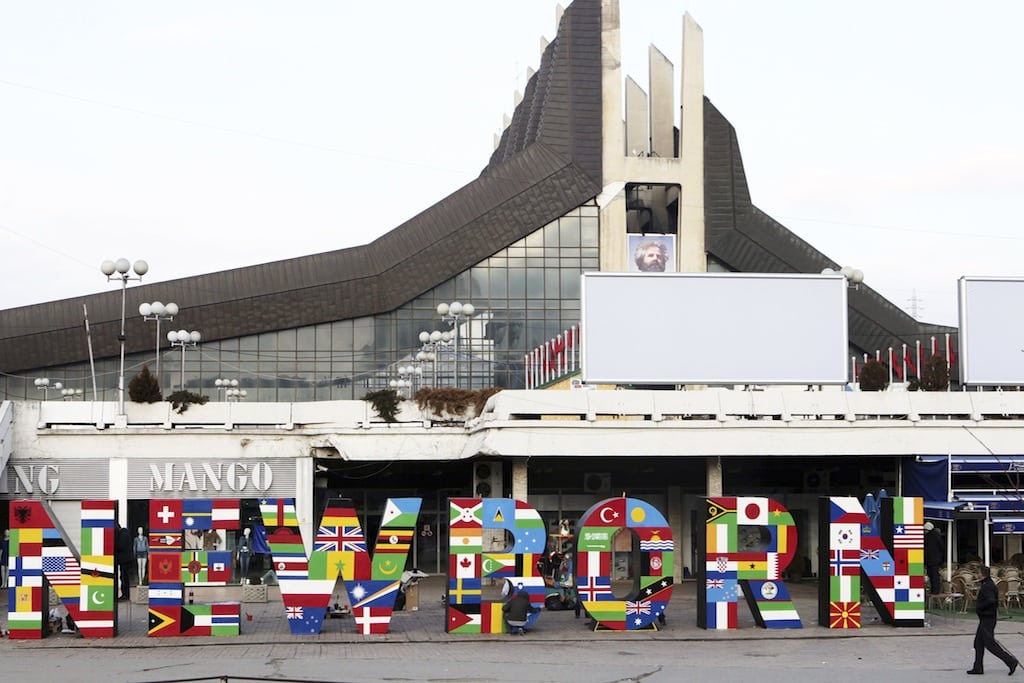Skift Take
At its best, travel provides a positive economic boost for countries coming out of conflict and increases holistic understanding of nations with controversial pasts.
There is a certain segment of the traveling public for whom a destination’s desirability is directly proportionate to how taboo it is. The more controversial its politics, the longer it has been closed to the outside world, the deeper their curiosity and appetite.
So, for all the industry’s fretting over the negative impact of State Department travel warnings and sensational reports about political or social tumult, an emerging niche market is actually seeking places that are getting bad press.
“There are a lot of people out there who are interested in news and current affairs and who would like travel that is more challenging,” said Nicholas Wood, director of Political Tours, a company he founded in 2009 that takes clients to “more challenging” destinations like North Korea, Kosovo and Libya.
The Daily Newsletter
Our daily coverage of the global travel industry. Written by editors and analysts from across Skift’s brands.
Have a confidential tip for Skift? Get in touch
Photo credit: A man walks past a sign decorated with paintings of flags of the 98 countries that have recognised Kosovo's independence. Kosovo marked the fifth anniversary of its independence from Serbia in February 2013. Hazir Reka / Reuters
